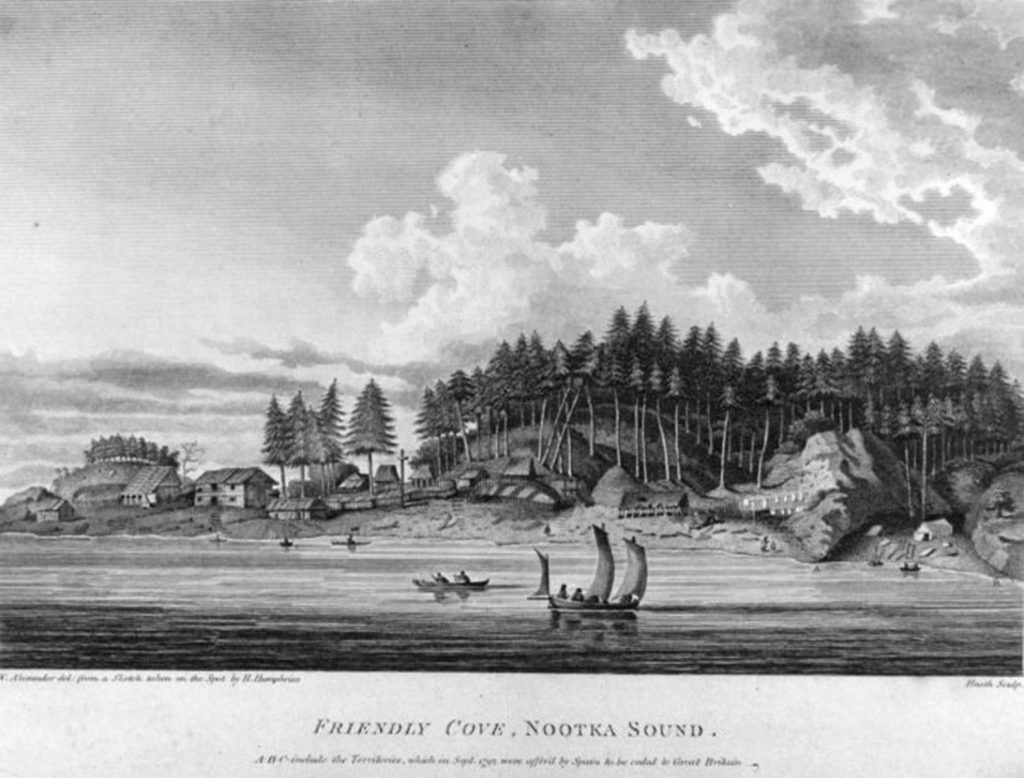Sara Georgini, Series Editor, The Papers of John Adams
Huzzah for a new volume of The Papers of John Adams! Volume 20, which features Adams’ first term as vice president, is NOW available to read for free in the Adams Papers Digital Edition of the Massachusetts Historical Society website. In 301 documents, it offers a backstage pass to the drama of the first federal Congress, as George Washington and his cabinet shielded a fragile new nation pledging peace in a war-torn world. Maintaining “neutrality, as long as it may be practicable,” was the chief goal. For, as Adams advised Washington: “The People of these States would not willingly Support a War, and the present Government has not Strength to command, nor enough of the general Confidence of the nation to draw the men or money necessary, untill the Grounds, causes and Necessity of it Should become generally known, and universally approved.” Far from the national capital of Philadelphia, a sudden storm of events clouded the United States’ future. Volume 20’s spotlight on the understudied Nootka Sound crisis reveals how the violent interplay of imperial powers guided American prospects well after revolutionary soldiers laid down their arms.

America attracted adventures and entrepreneurs flying various flags in order to pocket big profits. John Meares, a former British naval officer, set up shop in Canada’s Nootka Sound in 1788 by using a blend of British and Portuguese colors. Meares leveraged a key hinge in global economic power. Nootka Sound functioned as a fur trade hotspot and as a gateway to the fabled Northwest Passage. Meares’ establishment of a trading post simultaneously agitated long-held notions of Spanish dominion, British opportunity, and American neutrality. Spanish Navy commodore Don Esteban José Martinez retaliated the following spring. He seized four of Meares’ ships and arrested the crews, bolstering the Spanish claim to the region. Meares sent petition after petition to the British foreign ministry seeking aid, and Anglo-Spanish relations dipped to a new low. What began as a local brawl over trading rights escalated into a clash of European powers by June 1790. Like many Americans, Adams watched tensely. British and Spanish ministries ramped up fleets and threats.
The press hurled reports and misinformation at a dizzying pace, and the vice president’s worry grew. Maybe British militias were training in Detroit, Michigan. And Spanish Army officers planned to invade St. Augustine, Florida. Or William Pitt the Younger launched secret talks with Latin American revolutionaries, plotting full British control of the region’s gold and silver mines in the wake of a Spanish defeat. Americans, who had largely evaded the global conflicts that raged in the 1780s, eyed the Nootka Sound crisis with real fear. Would the British strike through French Louisiana? What if they sought safe passage across neutral American lands to quell the Spanish? Whatever the United States decided, how would the big choice play in Europe—treaties sunk, ministers recalled, trade lost for another generation or two? Washington needed to know. Adams was first and loudest to weigh in. He urged Washington not to permit the trespass of foreign troops, citing law of nations theory and using his diplomatic experience to sketch a few scenarios of the Anglo-Spanish dispute.
Then John Adams took one more step forward. While he prickled at the secondary nature of his government role, Adams relished the chance to let his statesmanship shine. So Adams pushed for the expansion of the American diplomatic sector, reasoning that greater crises loomed ahead. The United States needed to recruit and assign more ministers to foreign courts. “It is a Misfortune that in these critical moments and Circumstances, the United States have not a Minister of large Veiws, mature Age Information and Judgment, and Strict Integrity at the Courts of France Spain London and the Hague,” Adams observed. “Early and authentick Intelligence from those Courts may be of more importance than the Expence: but as the Representatives of the People, as well as of the Legislatures, are of a different opinion they have made a very Scanty Provision for but a part of Such a system. As it is, God knows where the Men are to be found who are qualified for Such Missions and would undertake them.” To learn about the final resolution of the troubles at Nootka Sound—and how Vice President John Adams perceived opportunities for national progress despite periods of deep diplomatic crisis—you can start reading Volume 20 of The Papers of John Adams here.
The Adams Papers editorial project at the Massachusetts Historical Society gratefully acknowledges the generous support of our sponsors. Major funding for The Papers of John Adams is provided by the National Endowment for the Humanities, the National Historical Publications and Records Commission, and the Packard Humanities Institute.

